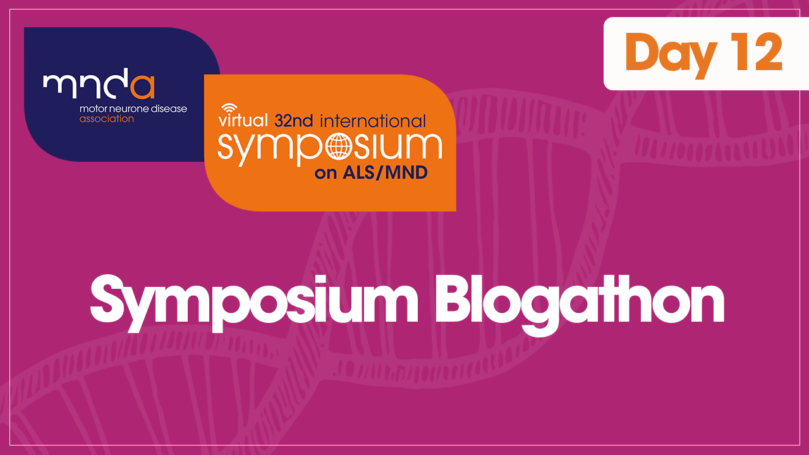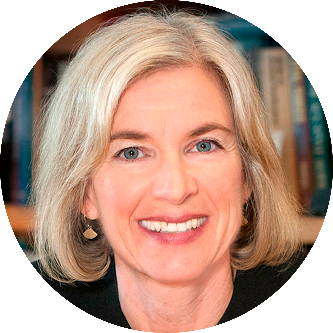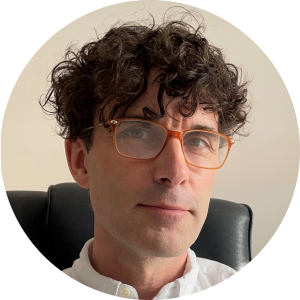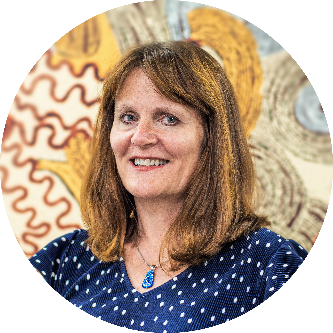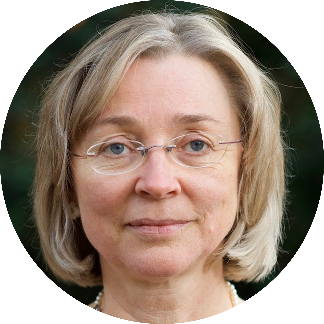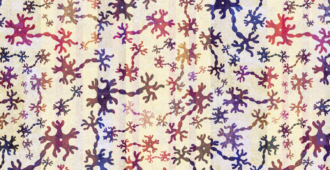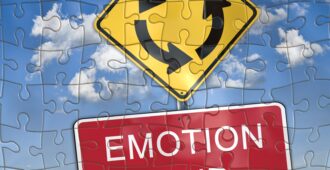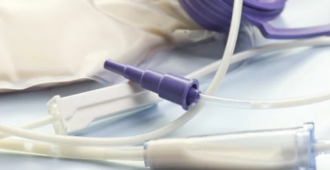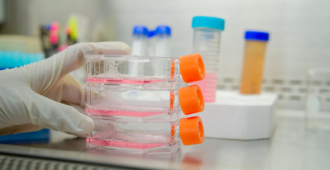This is blog number 12 in our ‘Symposium Blogathon’ – counting down to the 32nd International Symposium on ALS/MND. Numbers in bold green type correspond to the code in the abstract book. Click on the number to be redirected to the full abstract (the page may take a minute to load). You can also find out more about each speaker by clicking on their photo.
A highlight of every Symposium are the plenary speaker presentations. This year thirteen experts in MND research and clinical care will provide an overview of topics across the ALS/MND research and clinical management spectrum.
In this blog we will take a closer look at the plenary speakers who are presenting on the first two days of the Symposium, learn a little about them and explore the topics they will be covering. Our next blog will focus on the remaining speakers.
Day 1, Session 1: Opening Session

The 32nd International Symposium on ALS/MND opens its virtual doors on Tuesday 7 December and begins with the Stephen Hawking Memorial Lecture which will be given by the winner of the 2020 Nobel Prize in Chemistry, Dr Jennifer Doudna.
The Stephen Hawking Memorial Lecture aims to bring speakers from outside the immediate world of MND research, to stimulate new ideas and research collaborations. Dr Doudna is the Founder of the Innovative Genomics Institute in the USA. She is a biochemist at the University of California, and her ground-breaking development of CRISPR-Cas9 – genome engineering technology that allows researchers to edit DNA – earned her the 2020 Nobel Prize in Chemistry together with collaborator Emmanuelle Charpentier.
In her talk ‘CRISPR: The science and opportunity of genome editing’ (C1) she will describe how RNA-guided CRISPR-Cas proteins can be used for re-writing the DNA in cells and organisms for genome editing. She will also discuss the development of CRISPR-based diagnostics technology to address the Covid-19 pandemic and improve future preparedness.
Day 1, Session 2: Clinical Trials
Dr Angela Genge has been Director of the Clinical Research Unit at the Montreal Neurological Institute since 2004. She is also Director of the Neuro ALS clinical programme and multidisciplinary clinic, and a neuromuscular neurologist.
Since the 2014 ice bucket challenge, the number of potential treatments in development has exploded, and developers are tackling several different pathways and utilising biomarkers and companion diagnostics to accurately predict safety and effectiveness in advance of clinical benefits. A companion diagnostic is a medical test or device which provides information that is essential for the safe and effective use of a particular drug, typically a targeted drug treatment, and helps a healthcare professional to know whether the benefits of a drug treatment for that patient will outweigh any potential risks. In her presentation ‘ALS Drug Development Programs 2021: Overview of the international ALS drug development programs with the integration of biomarkers in early phase development programs’ (C2), Dr Genge will review current drug development, highlighting the programmes that are using these techniques.
Day 2, Session 3: Metabolism and Nutrition
Motor neurons require a lot of energy, and a cell’s inability to produce enough energy leads to its death. This is understood to be a cause of some types of MND. Evidence from animal models and clinical trials has shown that increasing the energy supply to neurons through a high calorie diet in people with MND may affect disease progression, but there is little guidance for healthcare professionals for managing the nutritional needs of people with MND.
In his talk ‘Optimising nutrition for people living with amyotrophic lateral sclerosis’ (C6), Professor Chris McDermott, from SiTRaN at the University of Sheffield, discusses OptiCALS (Optimal Calories in ALS), a user centred nutritional intervention to support people with MND to increase their calorie intake and guide healthcare professionals in assessing nutritional status.
The main drive of Prof McDermott’s research programme is developing the evidence base for delivering supportive and symptomatic care for people living with MND. He is Chair of the NIHR UK MND Clinical Studies Group and is an experienced MND clinical trialist.
‘I was struck at an early age in my career by the terrible suffering facing those living with ALS/MND. Since, I have been motivated not only to be part of the effort to understand the pathogenesis and trial new treatments but also ensure that care delivered to people living with MND is evidence based’.
Prof. Chris McDermott
Day 2, Session 4: Cell Biology and Pathology
Professor Julie Atkin is co-Director of the Macquarie Centre for MND Research in Australia. Prof Atkin’s team uses cell biology, protein chemistry and in vivo models (where something is tested in living organisms or cells rather than in a test tube) to decipher the basic cellular signalling pathways involved in neurodegeneration in ALS/MND, to identify novel therapeutic targets and biomarkers.
Proteostasis is the process that regulates proteins within the cell to maintain its health and involves a highly complex interconnection of pathways. Loss of proteostasis is implicated in the development of MND. In her talk ‘Dysfunction to proteostasis mechanisms in ALS/FTD’ (C9), Prof Atkins reviews recent studies linking intricate proteostasis mechanisms to MND and how therapeutic strategies based on restoring proteostasis may offer potential for future approaches for MND.
Day 2, Session 5: Autonomy and Decision Making
Death is never an easy topic to address but the subject of assisted dying might be reflected on by people living with a terminal illness. In Switzerland, assisted suicide is legal and is becoming more widely accepted in Swiss society. Dr Heike Gudat is a physician who specialises in palliative care.
Based on discussions with people with MND at the ALS Clinic Basel, Dr Gudat, in her talk ‘Medical assistance in dying in Switzerland’ (C12), explores reasons why people living with MND might choose assisted suicide, the support services available to them and their families, and compares the trends of patients cared for at the ALS Clinic Basel to those nationwide.
The MND Association’s position on assisted dying is neutral. You can read our policy statement here.
Stay informed
If you have come across this blog through the Symposium website, or a general search, please subscribe (see top right corner of page) and you’ll be notified every time we upload a new article.
You can follow our research account on Twitter. We tweet about up to the minute research and will be tweeting throughout the Symposium – #alsmndsymp #drivingmndresearch.
Take a look at the schedule of blogs for November as we continue counting down to the 32nd International Symposium on ALS/MND with our ‘Symposium Blogathon’.
To listen to these talks live, and take part in the Q&A sessions, register for the 32nd International Symposium now.

